Shops, bars, cafes and restaurants have reopened in Italy, after more than two months of nationwide lockdown measures.
Customers can again sip their morning cappuccino at their favourite bar after restrictions were eased on Monday, providing they stick to COVID-19 social distancing rules.
"I haven't worked for two-and-a-half months. It's a beautiful, exciting day," said Valentino Casanova, a barman working in Rome's central Piazza del Popolo.
Unlimited travel between regions is also now allowed, so friends can once again meet up and have lunch or dinner, so long as venues serve tables two metres apart.
Hairdressers are also welcoming back customers, desperate to maintain their unkempt locks.
Stefania Ziggiotto, a hairdresser in the Alpine resort of Courmayeur, said: "I already have 150 appointments, all very urgent, all of them insisting that they must be first on the list."
"I have a full agenda for three weeks," she added.
Museums, beaches and church services have also resumed, including a public mass at the Vatican.
Guards wearing hazmat suits took the temperature of worshippers entering St Peter's Basilica, where Pope Francis celebrated an early morning mass in a side chapel to commemorate the centenary of the birth of St John Paul II.
Gyms and swimming pools can also reopen next week - and travel in and out of Italy will be permitted from 3 June.
The Italian government began lifting some of its lockdown measures on 4 May, when it allowed factories and parks to reopen after the number of coronavirus cases and deaths began to fall.
Italy has the third-highest number of COVID-19 fatalities in the world, behind the US and the UK, with almost 32,000 people losing their lives.
But on Sunday, the country recorded 145 deaths - the lowest over a 24-hour period since 9 March.
Prime Minister Giuseppe Conte has admitted he is taking a "risk" by allowing more of the economy to reopen, but insisted the country could "not afford" to wait until a vaccine was developed.
Health experts say the world could be months, if not years, away from having a vaccine available to everyone despite the global efforts to create one.
Mr Conte said Italy is "confronting this risk, and we need to accept it, otherwise we would never be able to relaunch".
"We would find ourselves with our social and productive fabric heavily damaged," he added.
Lockdown measures are also being eased in other European countries.
Small shops are opening in Spain, which reported 87 deaths on Sunday - the lowest daily number since 16 March.
But tighter restrictions remain in Madrid and Barcelona, which have been the hardest-hit areas.
Churches throughout Greece opened their doors to worshippers again on Sunday, but limited the number of people allowed inside and offered disinfectants to its congregation.
Greeks also flocked to the seaside after more than 500 beaches allowed visitors again, and the historic Acropolis in the capital Athens and other ancient Greek sites have also reopened.
Authorities are keen to kick-start the vital tourism sector, following a warning by the EU Commission that Greece is likely to suffer the worst recession in the bloc this year.
High schools and shopping malls in the country are also getting back to some normality, and mainland travel restrictions in Greece are being lifted.
Poland has been steadily easing restrictions in recent weeks in an effort to boost its economy, with hairdressers and restaurants also expected to open again on Monday, but with new safety measures in place.
On Saturday, police in Warsaw used tear gas against protesters demanding the government act faster to allow businesses to reopen.
Hundreds gathered in the capital's Old Town carrying signs saying "work and bread" and "it will be normal again".
The government has said that some restrictions need to remain in place for some time still, to ensure public safety and prevent the virus spread from accelerating.
Poland has confirmed 18,529 cases of coronavirus and 925 deaths, according to official international figures being tracked by Johns Hopkins University.
:: Listen to Sophy Ridge on Sunday on Apple podcasts, Google podcasts, Spotify, Spreaker
Belgium also relaxed more measures on Monday, with more students going to school, markets, zoos and museums reopening and barbers resuming work.
Some shops have also reopened in Ireland as part of the government's plan to start lifting the country's lockdown, although restrictions are still more severe than the likes of Italy and Spain.
Garden centres, motor and bike repair shops, opticians, hardware shops and farmers' markets are among the businesses reopening, but libraries and other non-essential shops will remain closed until at least 8 June.
Despite efforts to return to some normality across Europe, Germany's foreign minister has cautioned that this year's summer holidays will be like no other.
"Even if a summer vacation will be possible elsewhere in Europe, which I hope, one has to say that this vacation this year won't be like the ones we know from the past," said Heiko Maas.
We must at least have safety precautions for the worst case that the figures get worse again," he added.
The coronavirus has infected more than 4.7 million people worldwide and killed more than 315,000 people.
https://news.google.com/__i/rss/rd/articles/CBMid2h0dHBzOi8vbmV3cy5za3kuY29tL3N0b3J5L2Nvcm9uYXZpcnVzLWl0YWx5LXJlb3BlbnMtcmVzdGF1cmFudHMtY2FmZXMtYW5kLWhhaXJkcmVzc2Vycy1hZnRlci0xMC13ZWVrLWxvY2tkb3duLTExOTkwMjgw0gF7aHR0cHM6Ly9uZXdzLnNreS5jb20vc3RvcnkvYW1wL2Nvcm9uYXZpcnVzLWl0YWx5LXJlb3BlbnMtcmVzdGF1cmFudHMtY2FmZXMtYW5kLWhhaXJkcmVzc2Vycy1hZnRlci0xMC13ZWVrLWxvY2tkb3duLTExOTkwMjgw?oc=5
2020-05-18 12:24:43Z
52780793521530

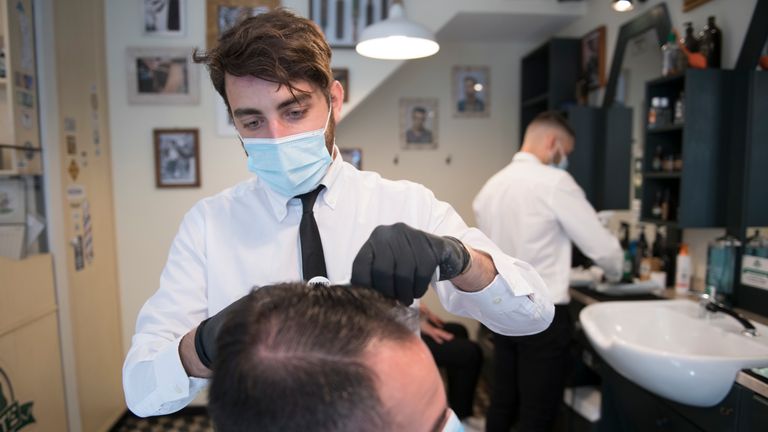
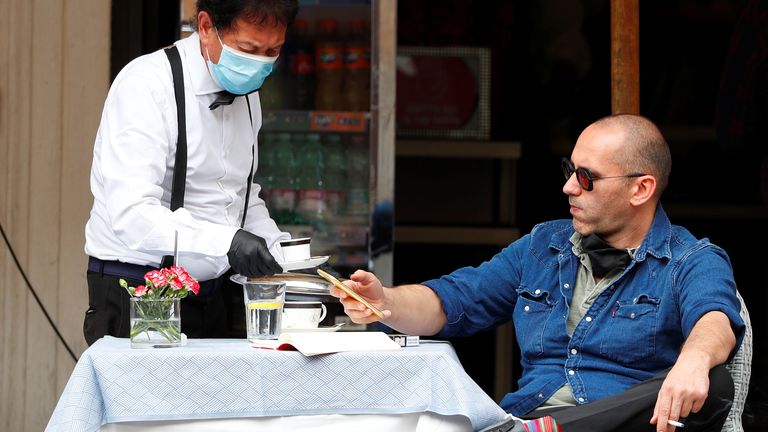
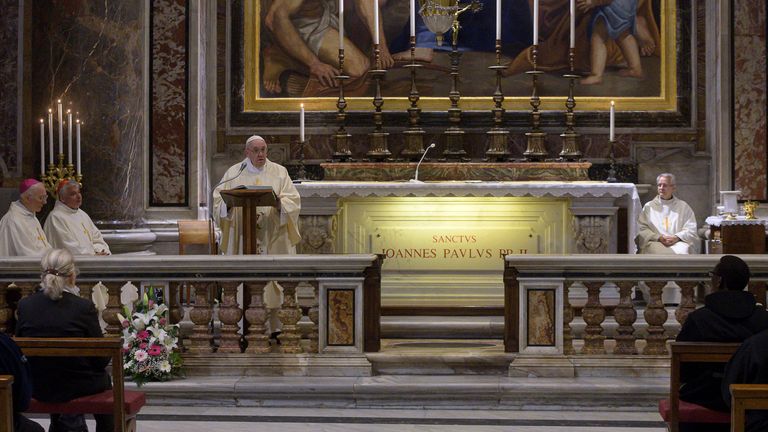

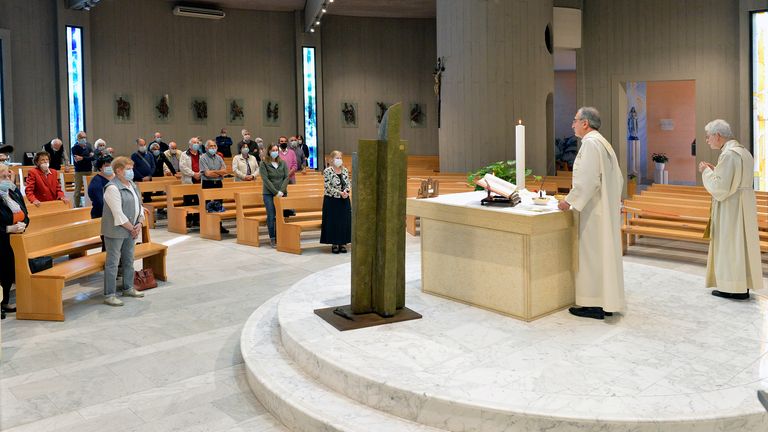
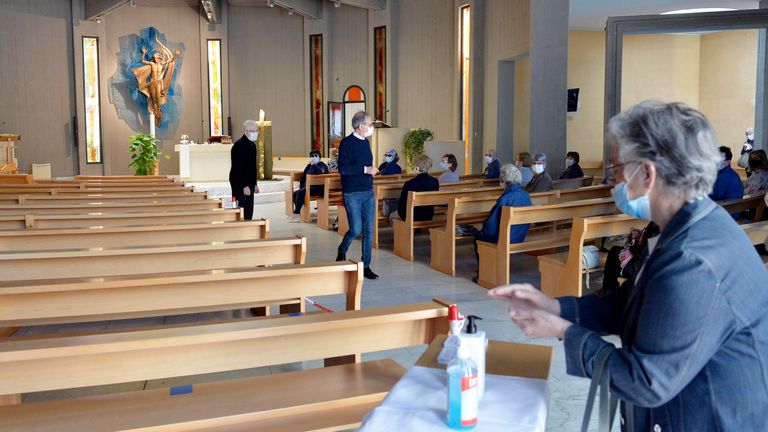
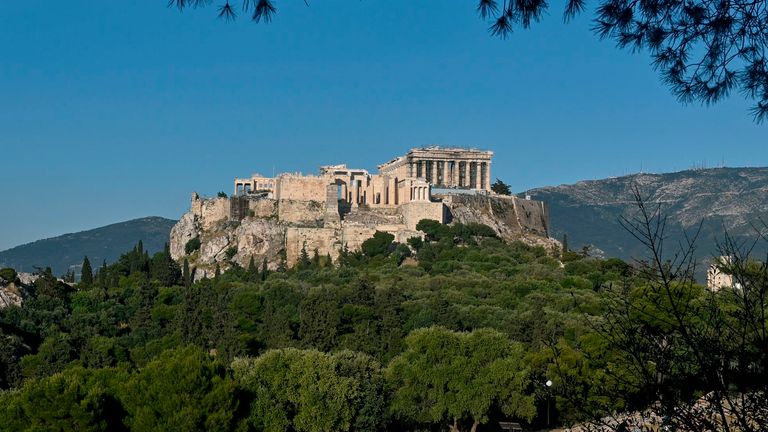
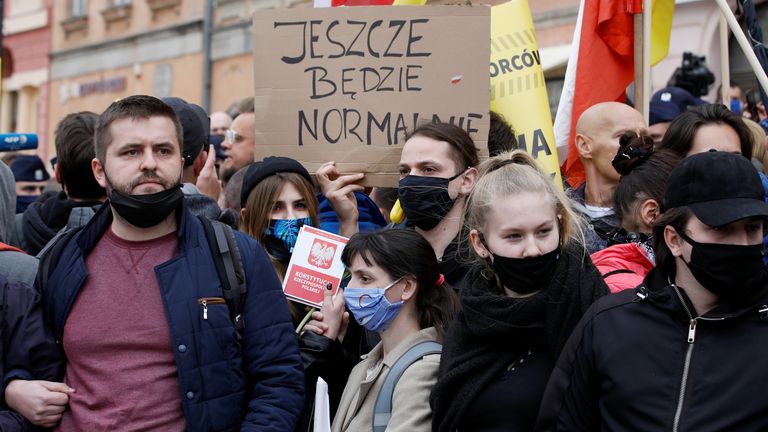
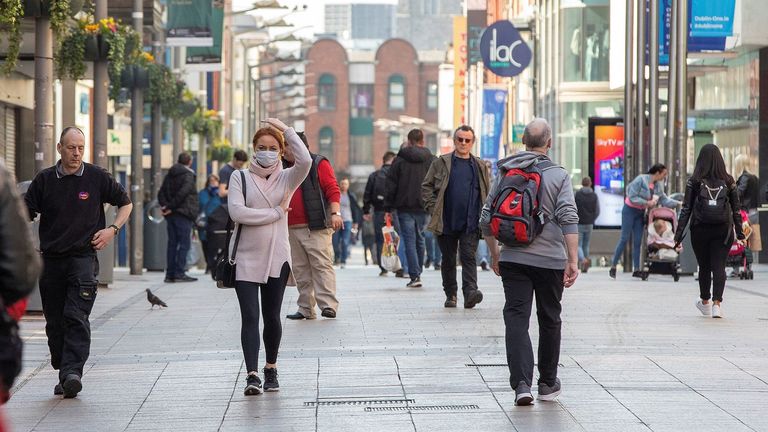
Tidak ada komentar:
Posting Komentar